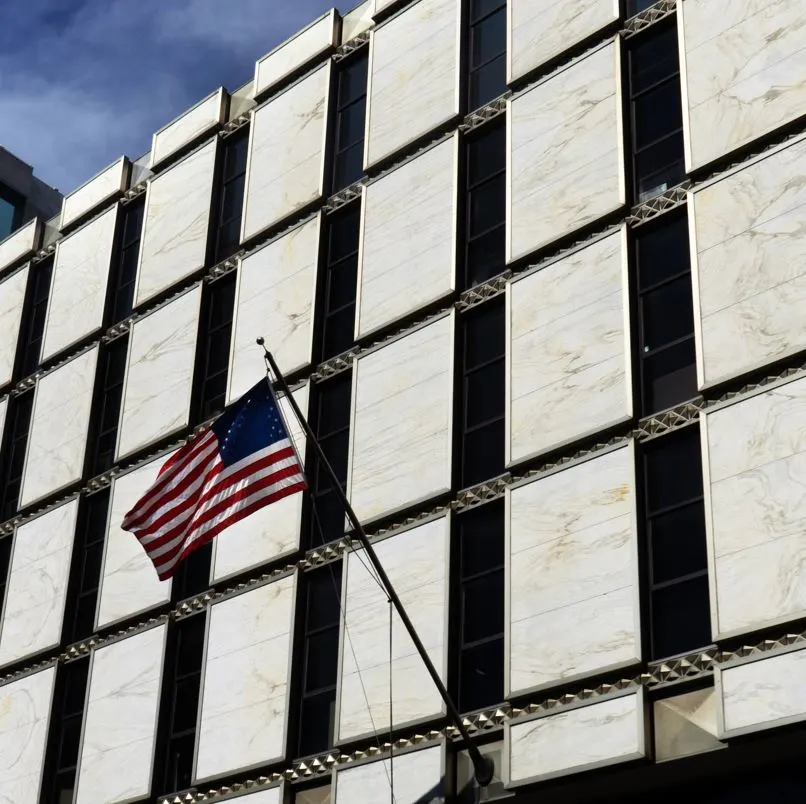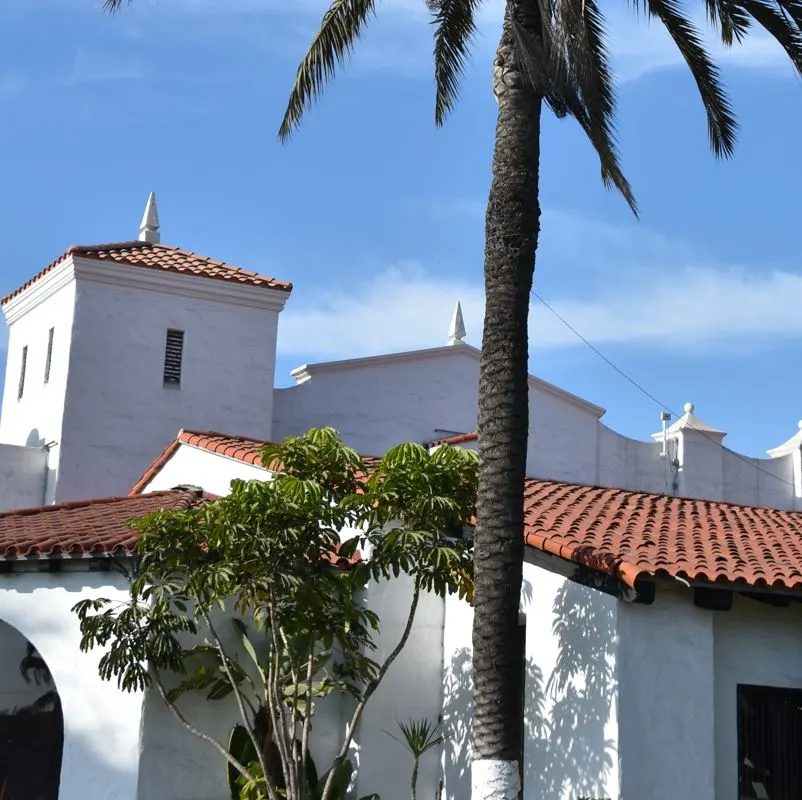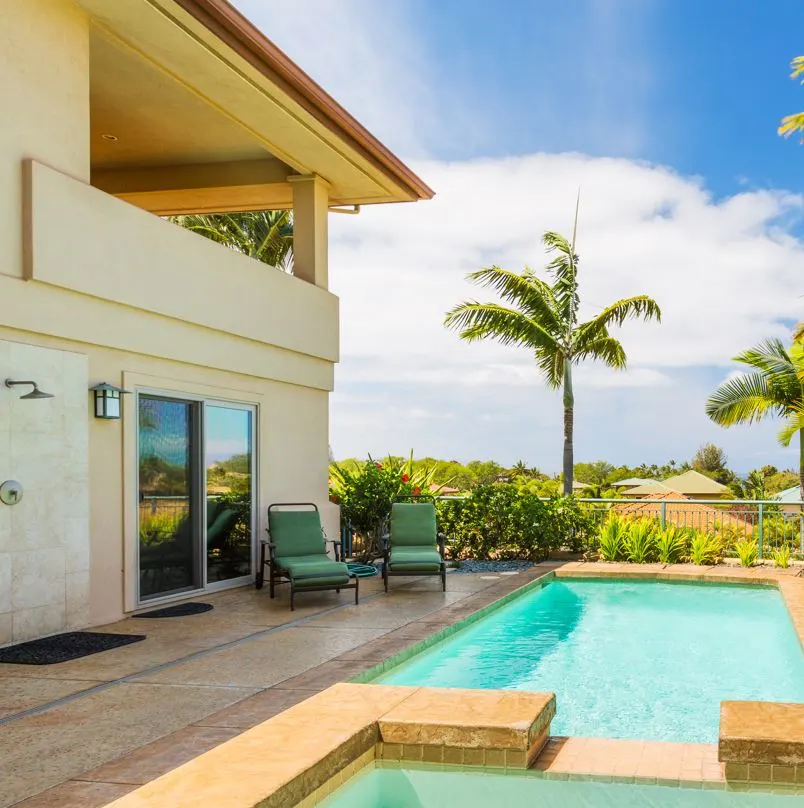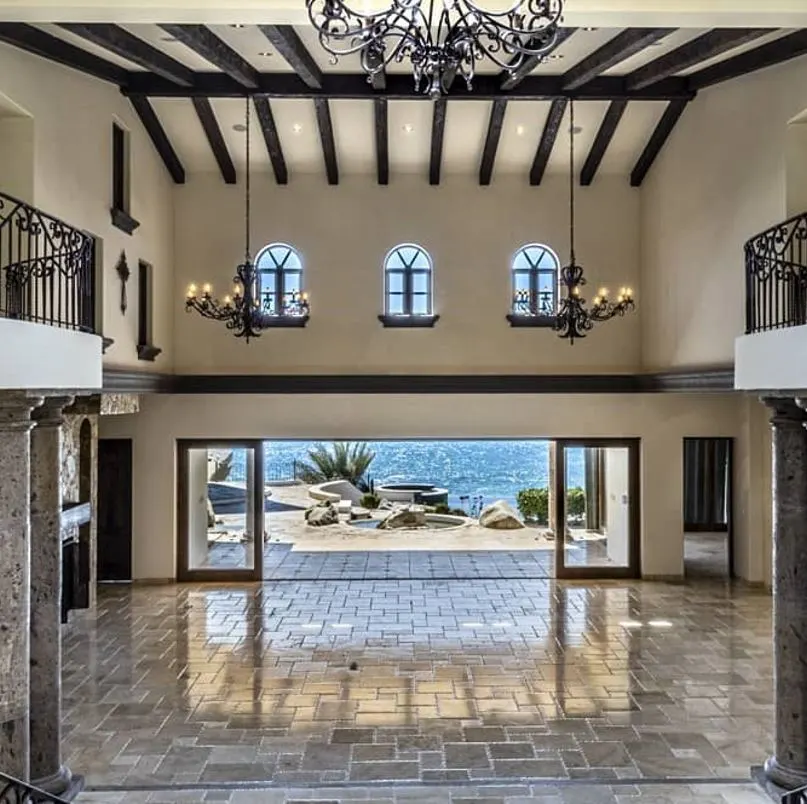Last Updated
The U.S. Embassy in Mexico recently released an official statement warning American citizens about timeshare scams going on around Los Cabos and other areas in Mexico.
While the statement gives out a general warning to Americans who want to sell or buy real estate in Mexico, Los Cabos is the fastest-growing real estate market in all of Mexico.

One of the main reasons why prices on properties in Los Cabos have skyrocketed over the last few years is precisely because Americans want to purchase vacation homes south of the border.
In the statement, the U.S. Embassy in Mexico details how most of these scams play out. The scammer is typically a lawyer or a real estate salesperson that promises sellers or buyers that they have a potential property or client that’s looking for a quick transaction.
When the scammer approaches sellers, usually what they’ll say is that they have an offer from a potential client on the property.
They’ll then try to push the owner of the property to pay service fees and taxes in advance. In the worst-case scenario there are no offers on hand, and the property owner is just outright robbed of the money that they thought would go towards speeding up the buying process.

When it comes to potential timeshare buyers, these scammers will pose as representatives of the property owner.
In the worst-case scenario buyers will be asked to deposit part of a buying offer or a fee to become part of the time share program. Only to then never hear from these lawyers or real estate agents again.
Top 5 Travel Insurance Plans For 2023 Starting At $10 Per Week
Easily Earn Points For Free Travel

Why These Scams Are Successful
From the outside looking in it may seem easy to avoid these scam efforts. There are a couple of reasons though why these scams are successful.
The main issue is that the process that foreigners have to go through to purchase an expensive asset in Mexico is quite complex.
Cabo property owners know that hiring local lawyers to speed up buying processes is basically a must.
The problem in this scenario is working with a “lawyer” or real estate agent that could be potentially more corrupt than the system itself.

For potential buyers, the lack of understanding of how the system works is usually what gets them to fall.
For the most part, what local lawyers do in these transactions is set up a fund that can purchase the property in the name of a foreign national that would otherwise have more trouble purchasing the property as an individual.
Particularly because transferring the amount of money that is required to purchase even a timeshare into Mexico can be difficult for foreigners to do.

In fact, according to an FBI investigation one of the most successful forms of this scam are simple fraudulent calls.
Scammers obtain the phone number of a person who is purchasing property in Cabo, and they’ll tell them they’re calling from the Office of Foreign Assets Control or OFAC.
Going on to say that they need to make yet another payment to ensure that their funds will reach the escrow account they are trying to fund to make the purchase.
If you get this call, know that OFAC won’t be calling you directly for bribe money.

What Can Buyers & Property Owners Do To Avoid Being Scammed?
The best thing that you can do is only work with companies that are known and certified in Cabo. If you’re buying a timeshare that’s part of a resort, the best thing that you can do is work directly with that resort.
In the case of property owners or situations where you’re working with a lawyer, the least you can do is make sure that they are licensed to practice law.
Ask for the lawyer’s “Cedula Profesional” and their full name. You then type in their name on this site. If they are licensed professionals, their credentials will show up on the database.

As a buyer, physically coming down to Cabo and taking a look at what you’re going to purchase is certainly the ideal course of action.
Don’t necessarily trust online time-share sales pages. Again unless you can be certain you’re working directly with the complex or the resort that’s selling the timeshare.

If you have to set up a “Fideicomiso,” which is the local name for the fund to be able to wire the money, you can check the lawyer’s credentials on the previously mentioned site.
When it comes to the scam calls, it’s pretty much safe to assume that OFAC will not call you up on your cellphone to ask for a bribe.
If there’s an issue with the payment, you should contact them directly or have your lawyers in that case help you sort things out.
Plan Your Next Cabo Vacation:
Traveler Alert: Don’t Forget Travel Insurance For Your Next Trip!
Choose From Thousands of Cabo Hotels, Resorts and Hostels with Free Cancellation On Most Properties
↓ Join The Community ↓
The Cabo Sun Community FB group has all the latest travel news, conversations and current events happening in Los Cabos

Subscribe to our Latest Posts
Enter your email address to subscribe to The Cancun Sun’s latest breaking news affecting travelers, straight to your inbox.
